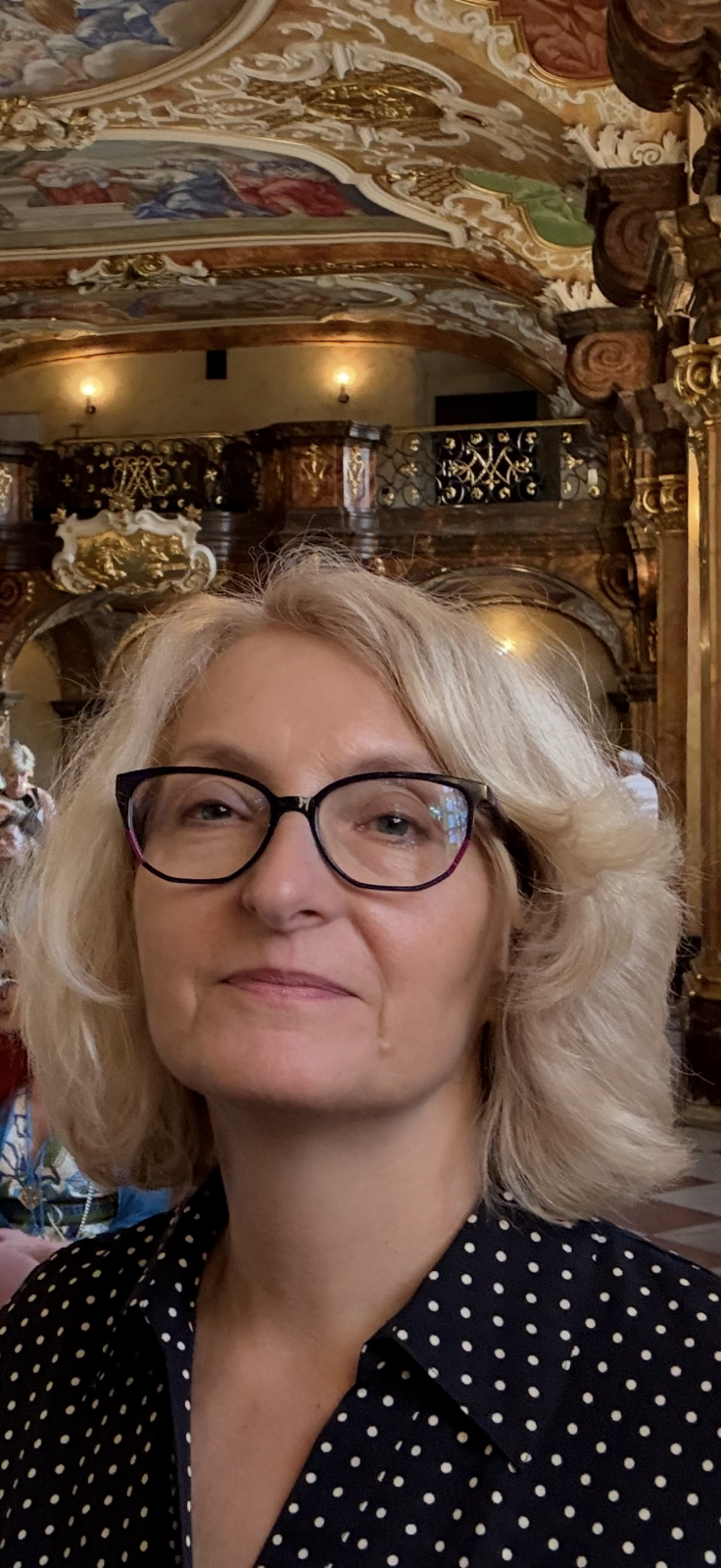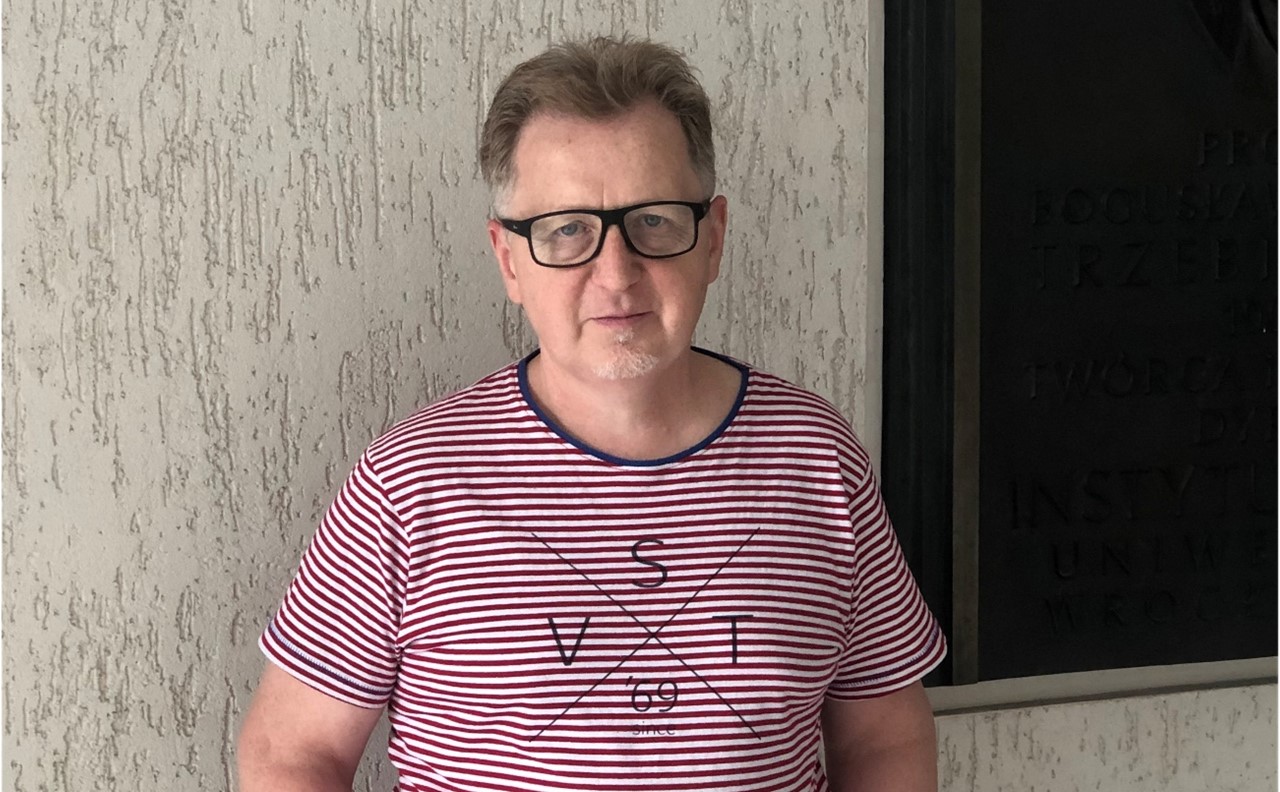
Two projects from our university awarded funding in the OPUS 28 + LAP/Weave call
On 9 July 2025, the National Science Centre (NCN) announced the results of the OPUS 28 + LAP/Weave call for research projects carried out by Polish scientists in bilateral cooperation with research teams from Austria, Belgium-Flanders, the Czech Republic, and Switzerland, as well as in trilateral Polish-Belgian-Austrian cooperation. A total of 31 projects received funding amounting to over PLN 58 million.
This edition of the OPUS LAP call includes two teams from the University of Wrocław. The project „Zaraźliwość zaangażowania ucznia i nauczyciela w nauczaniu języka obcego w trybie zdalnym i stacjonarnym w Austrii i w Polsce”, awarded PLN 521,166.00, and the second research project „Współpraca Helicen-Alkin/Poliyn do Zastosowań w Katalizie i Syntezie Nowych Materiałów” (Helicene-Alkyne/Polyyne Cooperativity for Catalysis and the Synthesis of New Materials), which received PLN 1,816,580.

The research project „Zaraźliwość zaangażowania ucznia i nauczyciela w nauczaniu języka obcego w trybie zdalnym i stacjonarnym w Austrii i w Polsce” will be carried out in collaboration with researchers from Austria by dr hab. Anna Mystkowska-Wiertelak from the Faculty of Languages, Literatures and Cultures. The project is valued at PLN 521,166.00.
The project, undertaken in cooperation with Austrian researchers, aims to address key gaps in the understanding of both learner and teacher engagement in language education. It focuses on the dynamic nature of engagement, investigating synchronisation and the phenomenon of “contagion” across the emotional, behavioural, and cognitive dimensions of engagement – both within student groups and in teacher–student interactions.
The research involves three main stages, starting with a microanalysis of learner and teacher engagement during individual lessons and over a semester, comparing online and in-person teaching in two cultural contexts: Polish and Austrian.
– Data will be collected using biofeedback, experience sampling methodology, classroom observation, interviews, journals, and surveys – explains the researcher. – The results will be used to develop new tools for measuring the dynamics and contagion of engagement in the context of a large-scale international quantitative study that takes cultural differences into account.
Understanding engagement fluctuations is essential for designing effective educational interventions.
The leader of the Austrian team is Univ. Prof. Dr Sarah Mercer (University of Graz), a distinguished scholar in the fields of applied linguistics and educational psychology, with extensive expertise in the psychology of language learning, particularly engagement.

The second research project, „Współpraca Helicen-Alkin/Poliyn do Zastosowań w Katalizie i Syntezie Nowych Materiałów” (Helicene-Alkyne/Polyyne Cooperativity for Catalysis and the Synthesis of New Materials), will be carried out in collaboration with Czech researchers by prof. dr hab. Sławomir Szafert from the Faculty of Chemistry. The value of the project is PLN 1,816,580.
According to the researcher, the project involves the synthesis of hybrid compounds containing alkynyl, polyyne, or silsesquioxane POSS fragments connected with chiral [n]helicenes. These compounds will be used as ligands in metal complexes (e.g. Pd, Zn) and tested in enantioselective reactions. The resulting compounds will also serve in the production of chiral polymers (e.g. polyacetylenes), which may have applications in catalysis, chiral chromatography, and nanoelectronics. The project combines the expertise of two teams – one specialising in the chemistry of chiral organic compounds, and the other in materials chemistry.
Complied by: Katarzyna Górowicz-Maćkiewicz
Date of publication: 7.10.2025
Added by: M.K.



